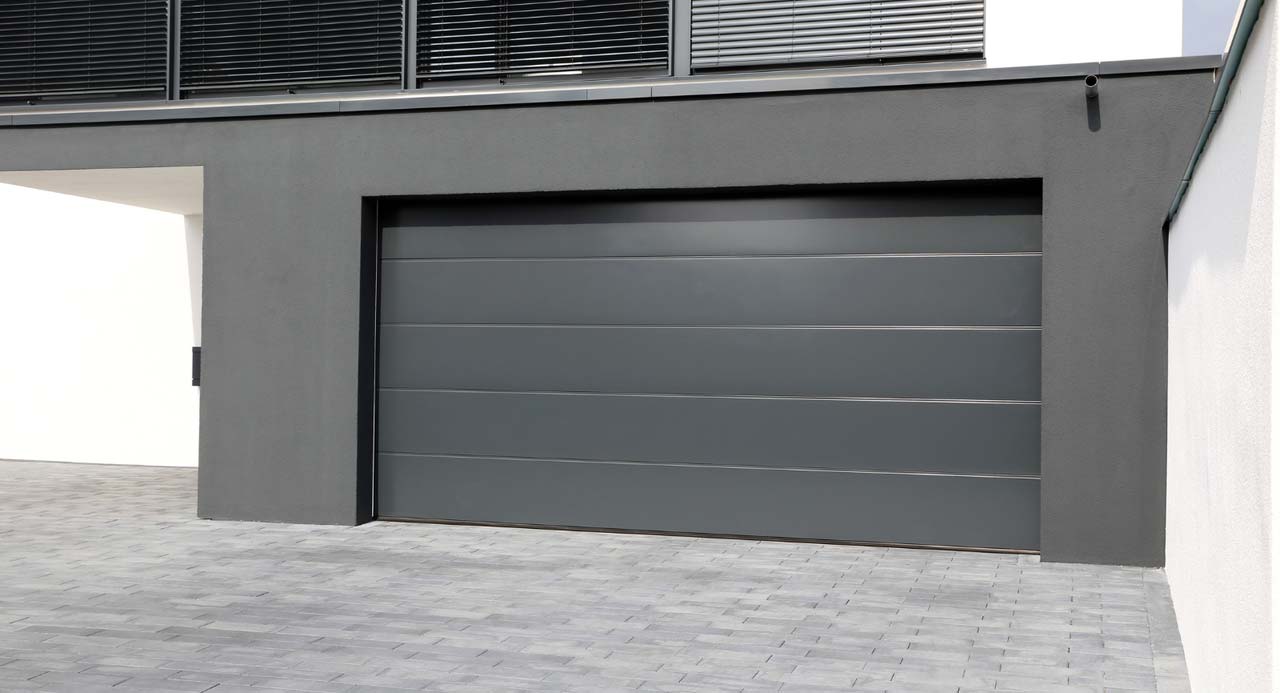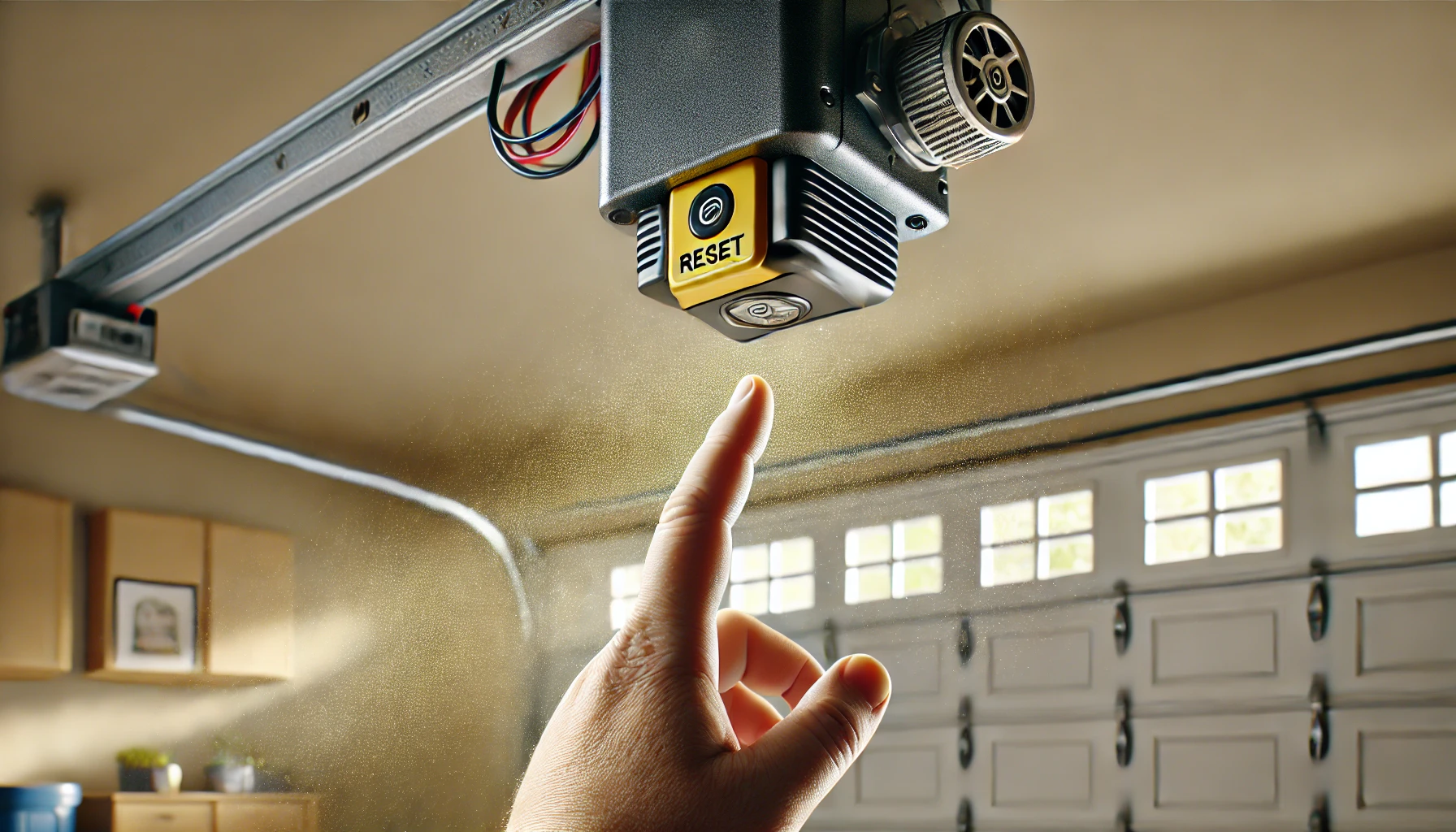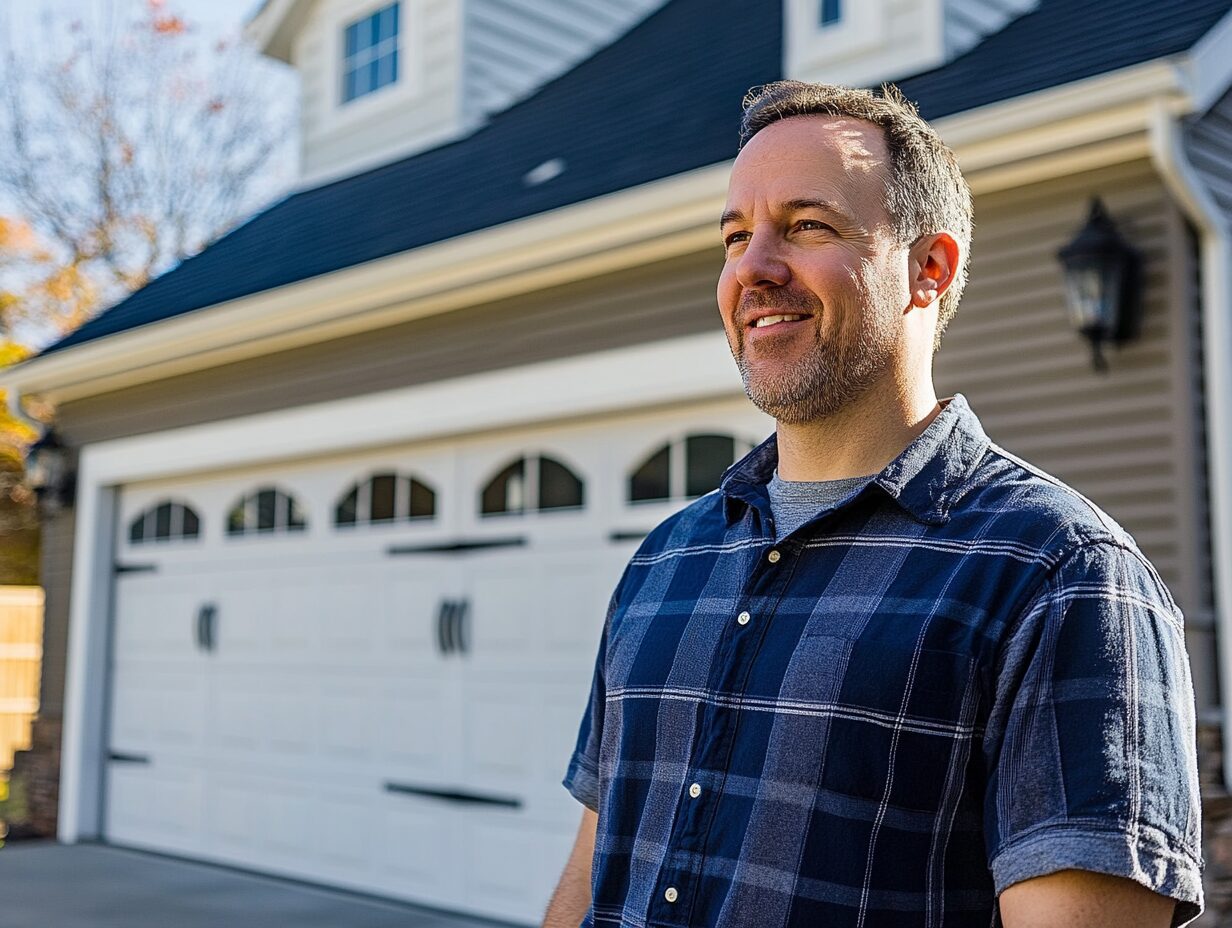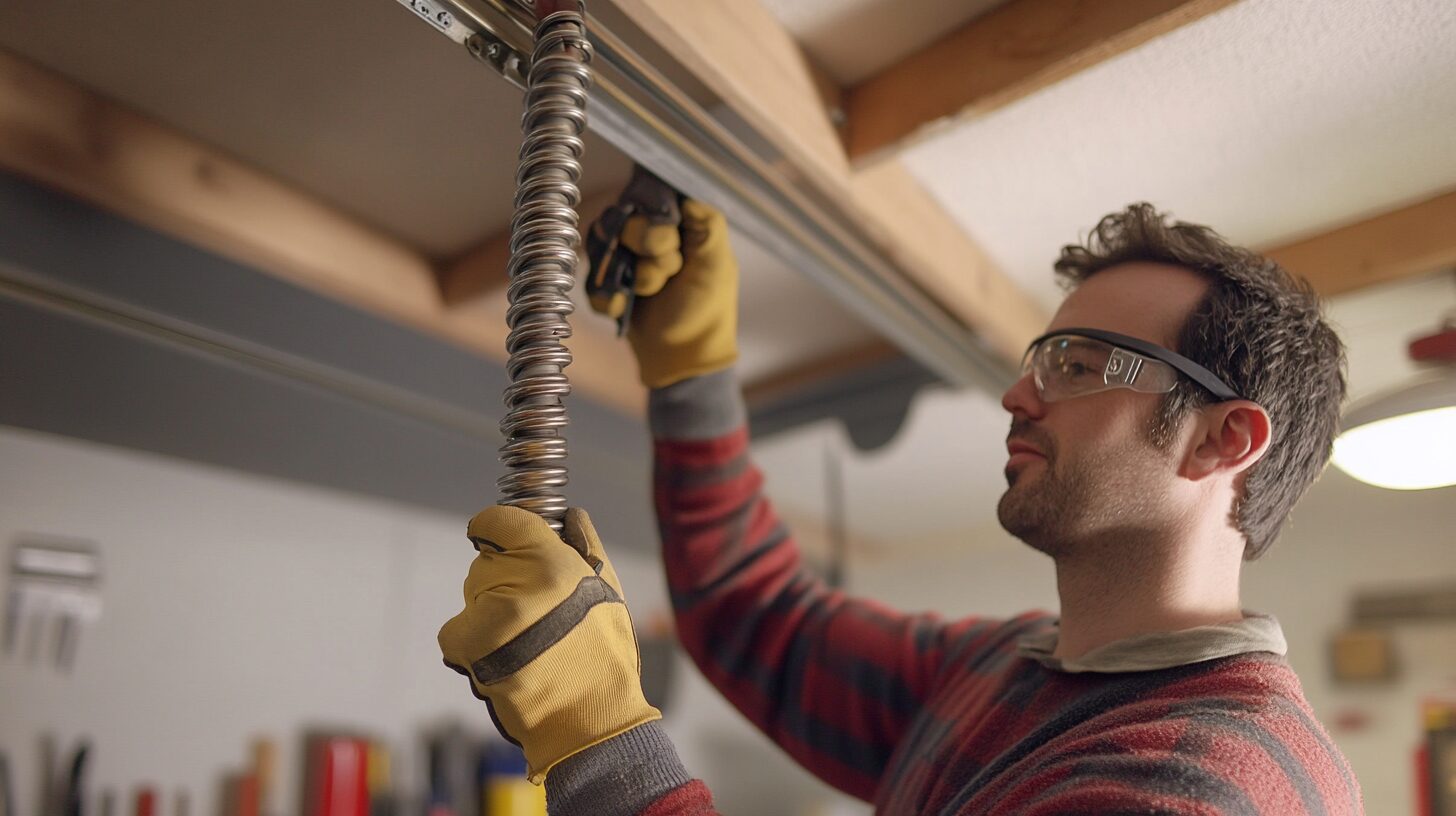Garage doors are a crucial component of a home’s security and convenience. They provide easy access to the garage and protect your belongings from theft and the elements. However, like any other household appliance, garage doors have a limited lifespan, and they require maintenance to remain functional. In this post, we’ll explore how long garage doors typically last and factors that can affect their longevity.
The Lifespan of Garage Doors
The lifespan of a garage door varies depending on several factors, such as the quality of the door, its usage, and the maintenance it receives. However, on average, garage doors last between 15 to 30 years. The type of material used to make the door can also impact its lifespan. For example, wooden doors are more prone to rot and decay, reducing their lifespan compared to steel doors.
Factors That Affect the Longevity of Garage Doors
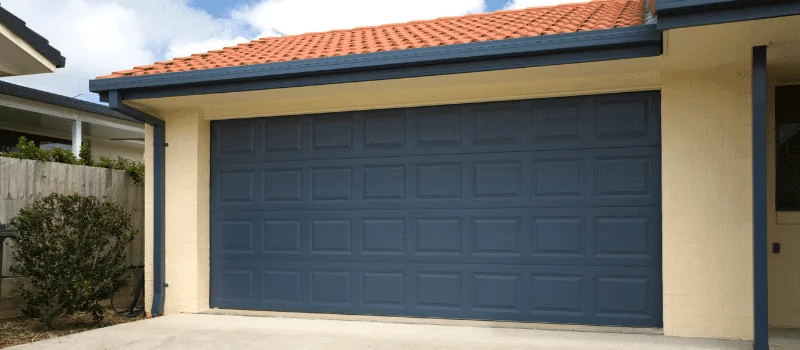
1. Material
The type of material used to make a garage door affects its lifespan. Steel doors tend to last longer than wooden doors. In addition to wooden and steel garage doors, other popular materials include:
Aluminum: lightweight, durable, and resistant to rust and corrosion. However, it can dent easily and is not very energy-efficient.
Fiberglass: low-maintenance, lightweight, and resistant to dents and corrosion. However, it can crack over time and is not very strong.
Vinyl: durable, low-maintenance, and energy-efficient. However, it can fade over time and is not as strong as steel.
You can read more on the different type of materials HERE.
2. Usage
The frequency of use also affects a garage door’s lifespan. The more you open and close the door, the faster its parts will wear out.
3. Climate
Extreme weather conditions, such as heat and humidity, can damage garage doors over time.
4. Maintenance
Regular maintenance, such as lubricating the door’s moving parts and cleaning it, can prolong its lifespan.
5. Quality
The quality of the door and its installation can affect how long it lasts. A poorly installed or low-quality door is more likely to experience problems and require frequent repairs. These problems can include:
Broken or worn-out springs: this can cause the door to become unbalanced and difficult to operate.
Misaligned tracks: this can cause the door to become stuck or make unusual noises when opening or closing.
Damaged panels: this can make the door less secure and less energy-efficient.
How to Extend the Lifespan of Your Garage Door

To extend the lifespan of your garage door, you should:
- Schedule regular maintenance: Hire a professional to inspect and maintain your garage door at least once a year. They can identify any issues and fix them before they become major problems.
- Lubricate the moving parts: Regularly lubricate the door’s moving parts, such as the rollers and hinges, to prevent wear and tear.
- Clean the door: Clean your garage door regularly to prevent dirt and debris from building up and damaging the door.
- Replace damaged parts: If you notice any signs of wear and tear, such as frayed cables or damaged rollers, replace them promptly.
Conclusion
In summary, garage doors typically last between 15 to 30 years, depending on factors such as material, usage, climate, maintenance, and quality. Regular maintenance, cleaning, and lubrication can help extend the lifespan of your garage door. It’s also essential to replace any damaged parts promptly to prevent further damage. By following these tips, you can ensure your garage door remains functional and secure for many years.

